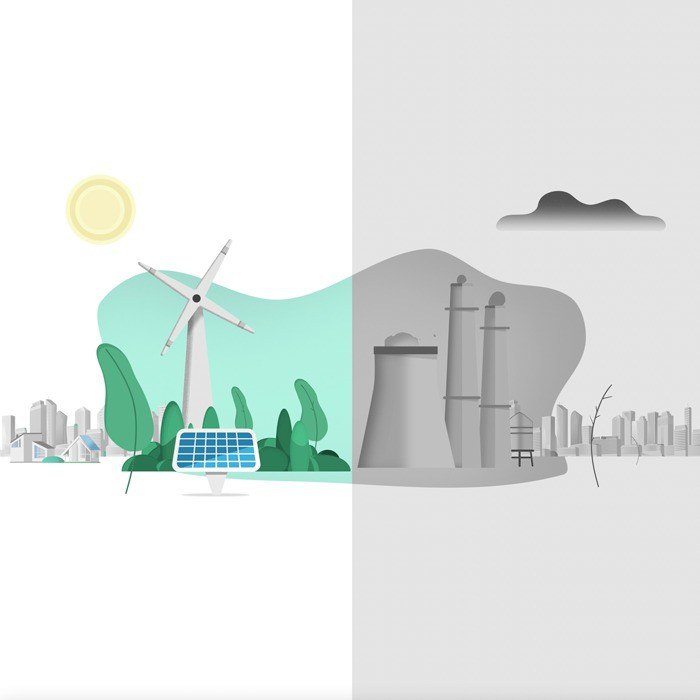
Environmental Impact: Fossil fuels, such as coal, oil, and natural gas, are major contributors to greenhouse gas emissions and air pollution. The combustion of these fuels releases carbon dioxide (CO2) and other harmful pollutants into the atmosphere. In contrast, hydrogen produces zero direct emissions when used in fuel cells or combustion processes, making it a cleaner alternative. However, it is essential to consider the environmental impact of hydrogen production methods, as certain processes may still generate emissions unless sourced from renewable or low-carbon energy sources. Energy Efficiency: The energy efficiency of hydrogen and fossil fuels differs significantly. Fossil fuel combustion processes have lower energy conversion efficiencies due to heat loss during combustion and energy transmission. In comparison, hydrogen fuel cells offer higher energy conversion efficiencies, with potential values surpassing those of traditional combustion engines. Additionally, hydrogen can be produced through electrolysis using renewable energy sources, enhancing overall energy efficiency and sustainability. Scalability and Storage: Fossil fuels have established infrastructure and distribution networks, allowing for efficient storage and transportation. However, hydrogen can be produced and stored for later use, providing flexibility in energy supply and enabling grid-scale energy storage. Advancements in hydrogen storage technologies, such as high-pressure tanks and solid-state storage materials, are enhancing the scalability and portability of hydrogen as an energy carrier. Long-Term Sustainability: Fossil fuel reserves are finite and depleting, raising concerns about long-term energy security. In contrast, hydrogen can be generated from various sources, including renewable energy, ensuring a more sustainable and abundant energy supply. As renewable energy installations continue to grow, the production of "green hydrogen" from renewable sources becomes increasingly viable, offering long-term sustainability and reducing reliance on fossil fuels. Applications and Industries: Fossil fuels have historically been the primary energy source for transportation, power generation, and industrial processes. However, hydrogen is gaining traction as a versatile energy carrier. It can be used in fuel cell vehicles, distributed power generation, heating systems, and even as a feedstock for chemical industries. The growing adoption of hydrogen in these sectors demonstrates its potential to replace fossil fuels and drive a shift towards cleaner and more sustainable energy solutions. The comparative analysis between hydrogen and fossil fuels highlights the advantages and disadvantages of each energy source. While fossil fuels have dominated the energy landscape for decades, hydrogen offers a cleaner, more efficient, scalable, and sustainable alternative. As the world seeks to combat climate change and transition to a low-carbon future, the role of hydrogen becomes increasingly significant. By investing in research, infrastructure, and policy support, we can harness the potential of hydrogen and accelerate the global energy transition towards a cleaner, more sustainable future.
